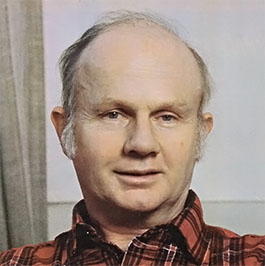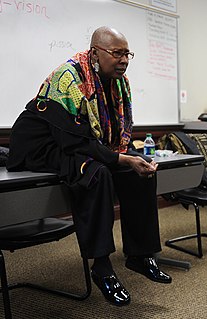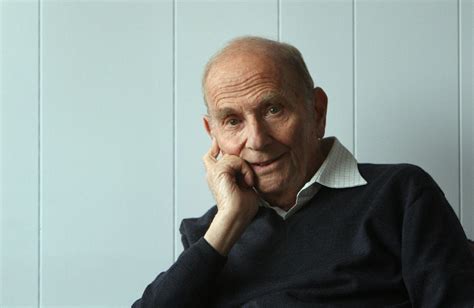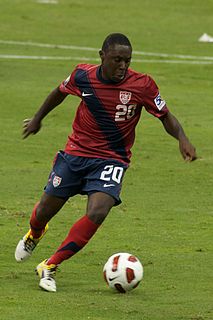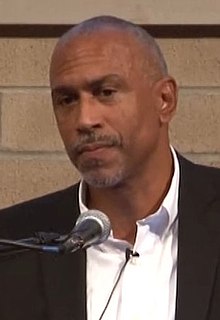A Quote by Clayton M. Christensen
In the universities, we teach you what we decide you need to know. And the employers find out when they hire people that students didn't learn what we needed them to learn. Online learning offerings, like the University of Phoenix, have relationships with employers and teach what you need to know.
Related Quotes
I didn't want to teach my kid how to read, so I used to read to him at night and close the book at the most interesting part. He said, “What happened then, daddy?” I said, “If you learn to read, you can find out. I'm too tired to read. I'll read to you tomorrow.” So, he had a need to want to learn how to read. Don't teach children how to read. Don't teach them mathematics. Give them a reason to want it. In school, they're working ass-backwards.
I don't think anybody can teach anybody anything. I think that you learn it, but the young writer that is as I say demon-driven and wants to learn and has got to write, he don't know why, he will learn from almost any source that he finds. He will learn from older people who are not writers, he will learn from writers, but he learns it -- you can't teach it.
But my view is that you need a system at the border. You need some fencing but you need technology. You need boots on the ground. And then you need to have interior enforcement of our nation's immigration laws inside the country. And that means dealing with the employers who still consistently hire illegal labor.
Indeed, the study of universities and the great men and women who have attended them leads me to think that the best of these schools are characterized not so much by what they teach and how they teach it but by the extent they provide opportunities and encouragement for students to teach themselves.
Teaching is a huge part of what I do. I love to think about what I do out loud, and the best way to do this is to teach. I usually learn a lot from the students in my workshops, because we work to build the classes around a collaborative environment where everyone is working towards the same goal of learning how to observe and see the subject well, because everyone brings different approaches and experiences with them, the other students and myself learn new methods that we can add into what we do.
We know that African American students tend to be relational learners. It's about the relationships between a teacher and student. Students respond well to teachers they know, believe in them, care about them, but also who teach in a matter that elicits a more active approach to learning, rather than just sitting and listening. The research on this is strong and has been available for a long time, but it is not widely practiced. That's a huge obstacle.


